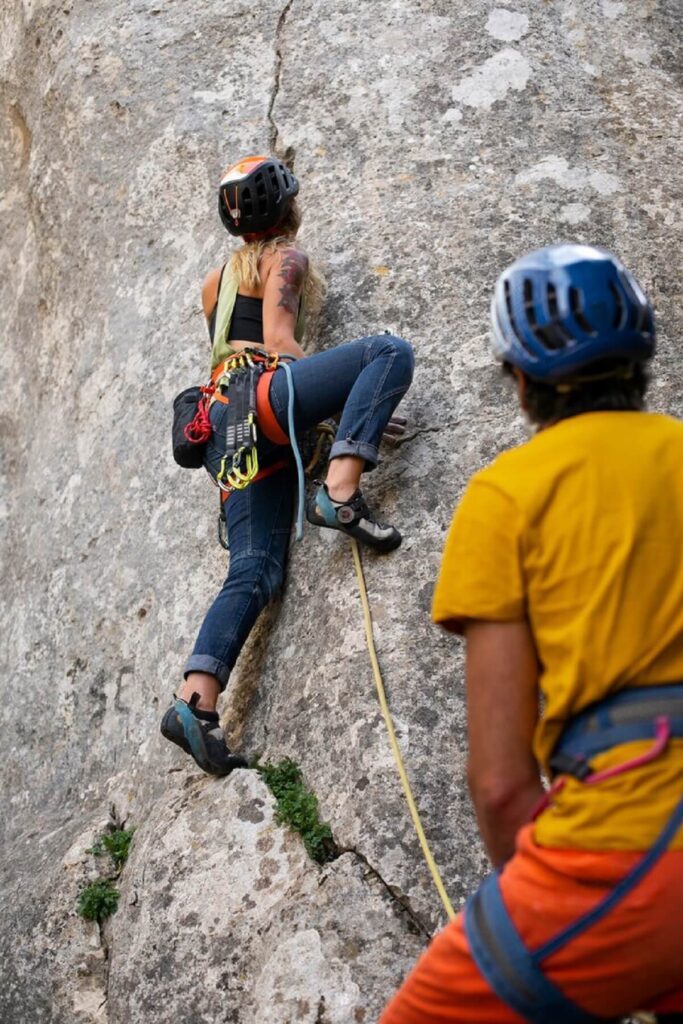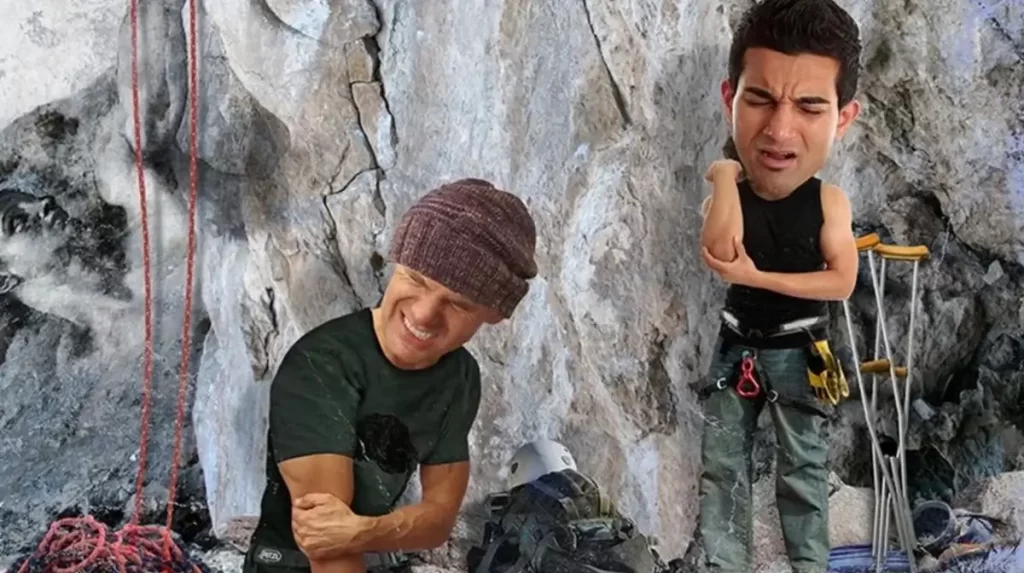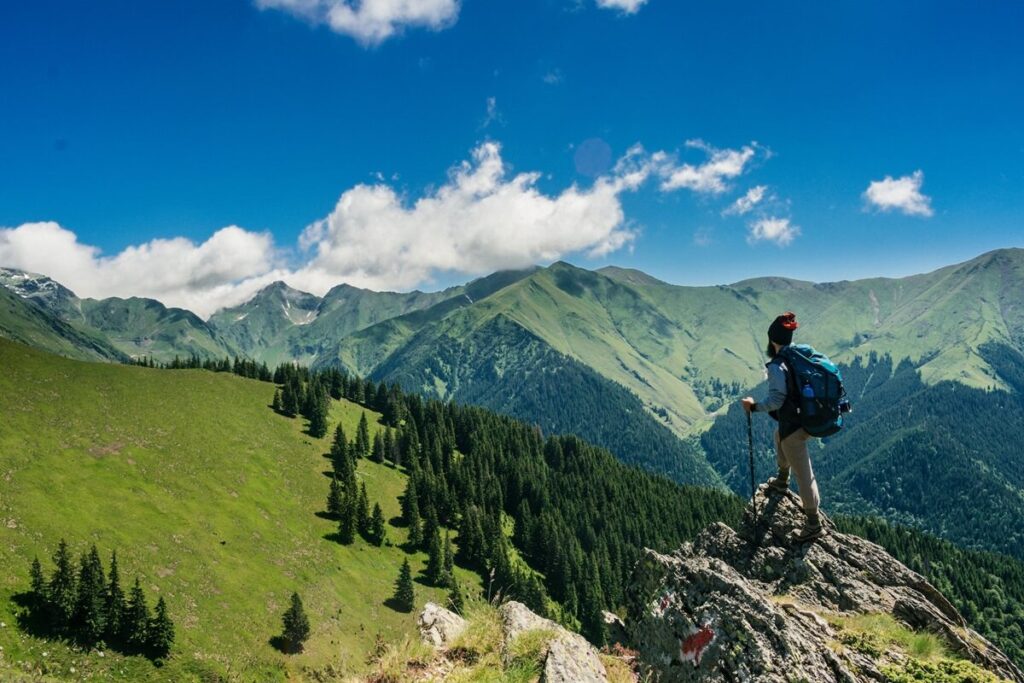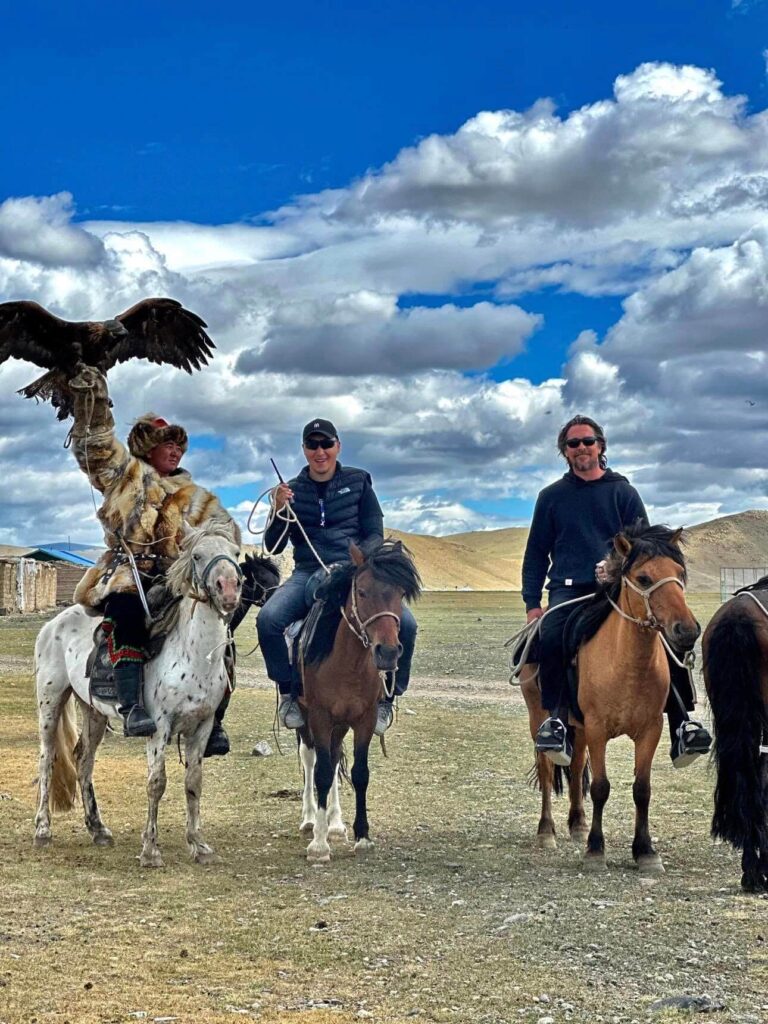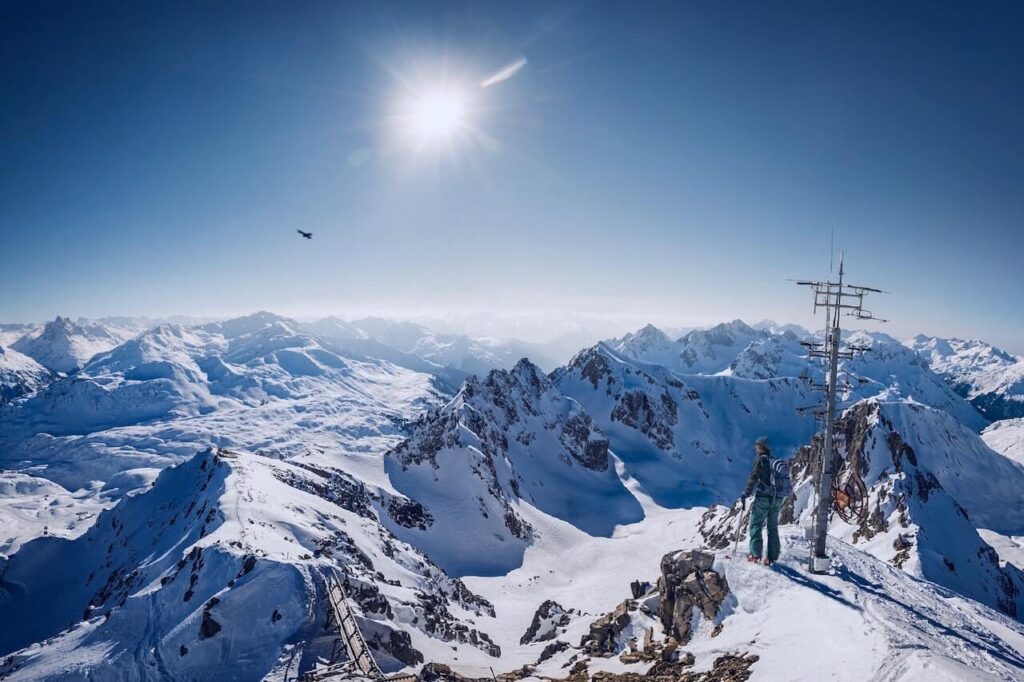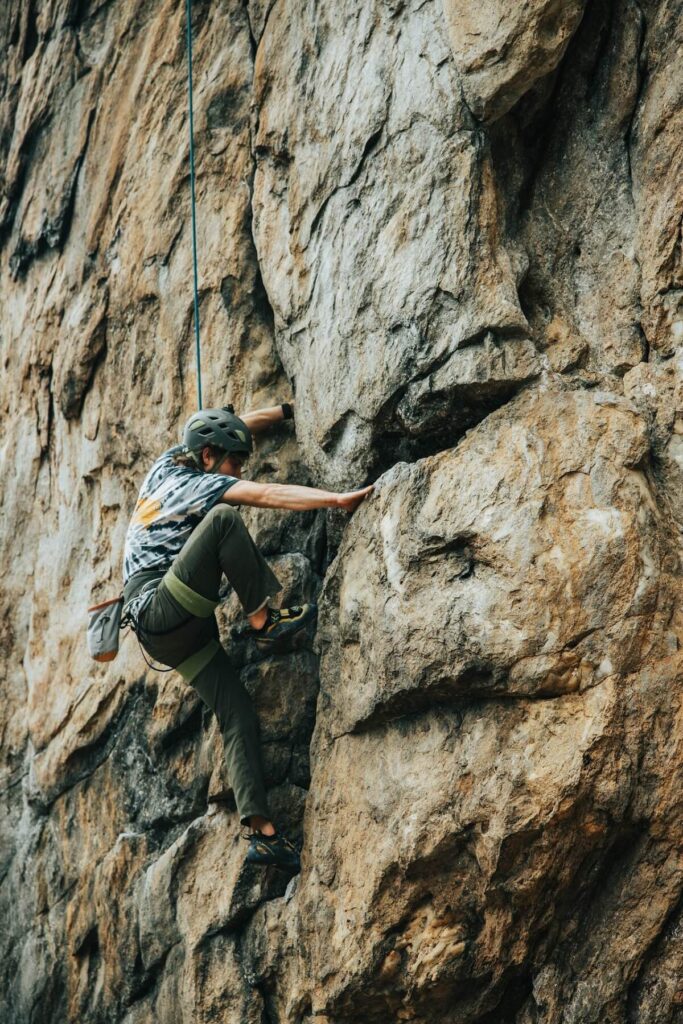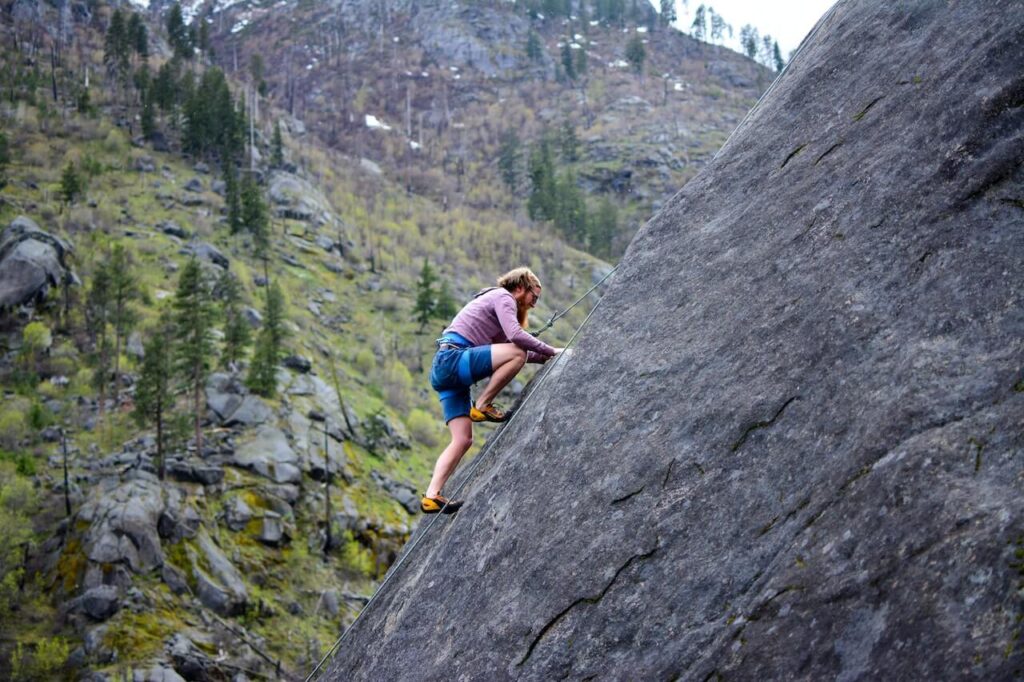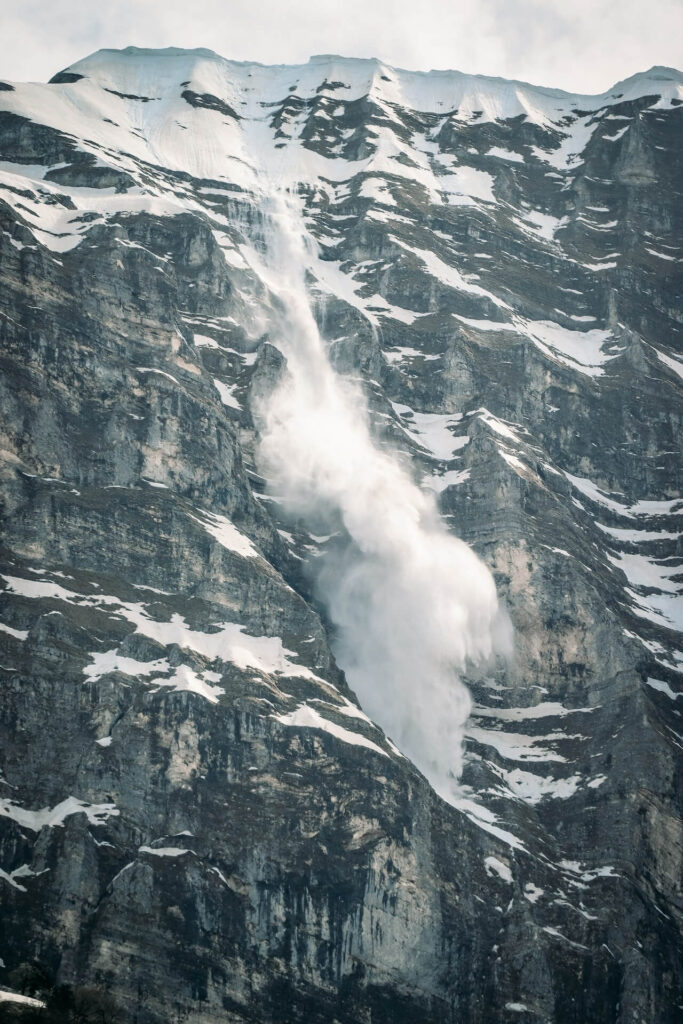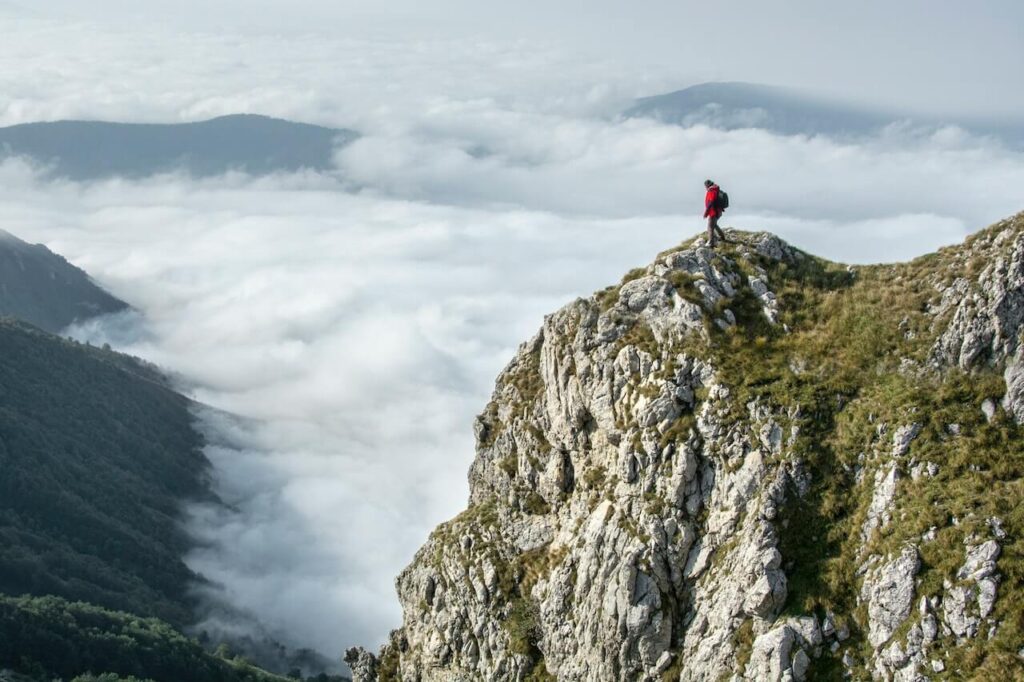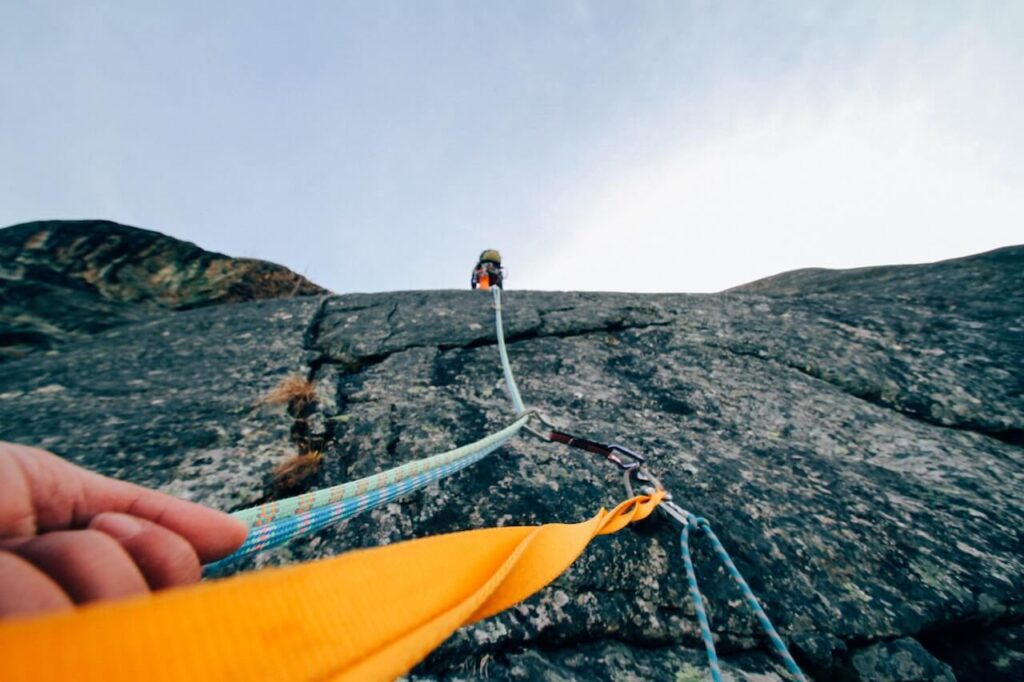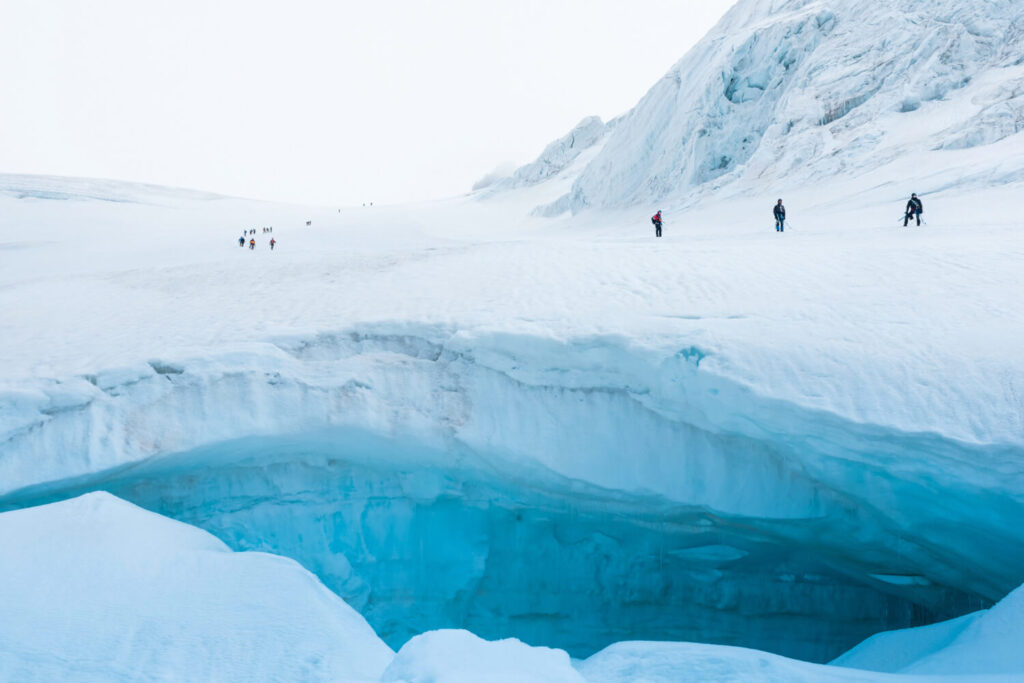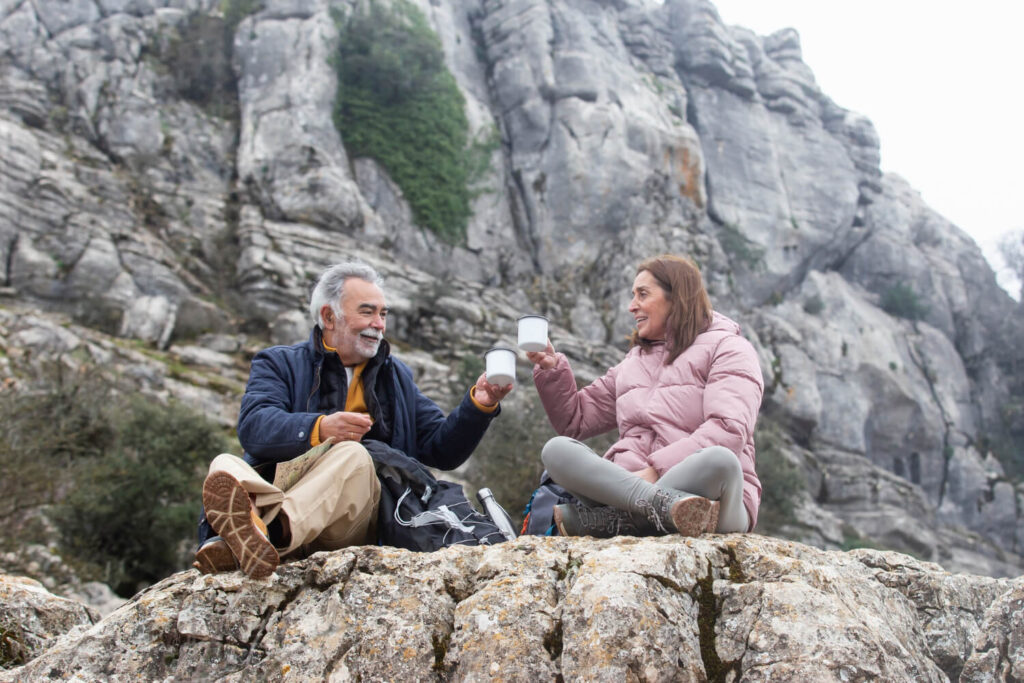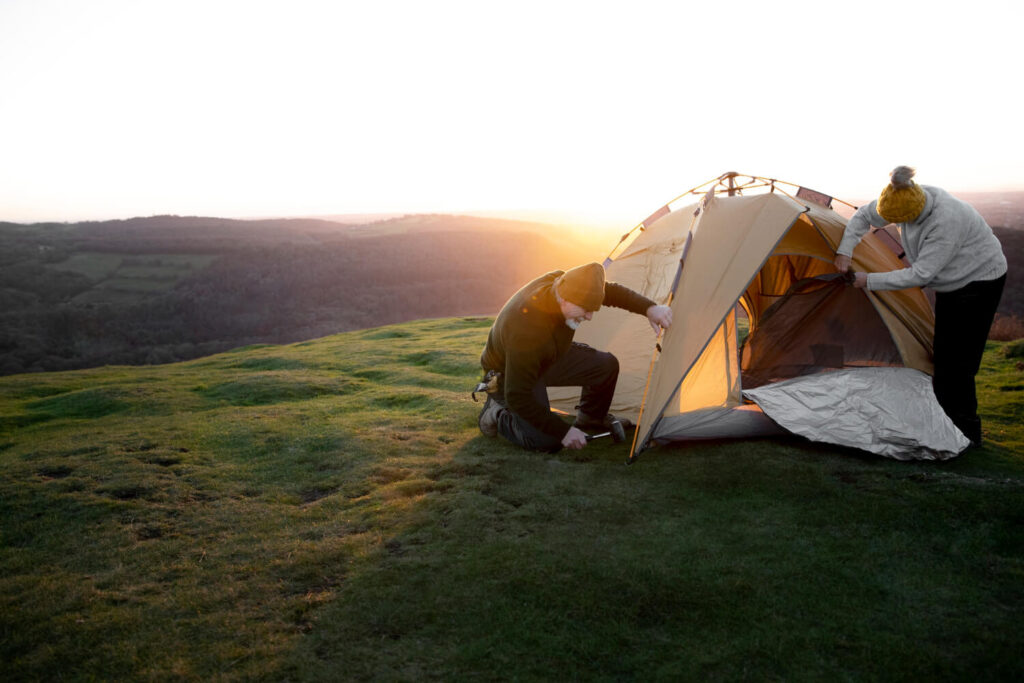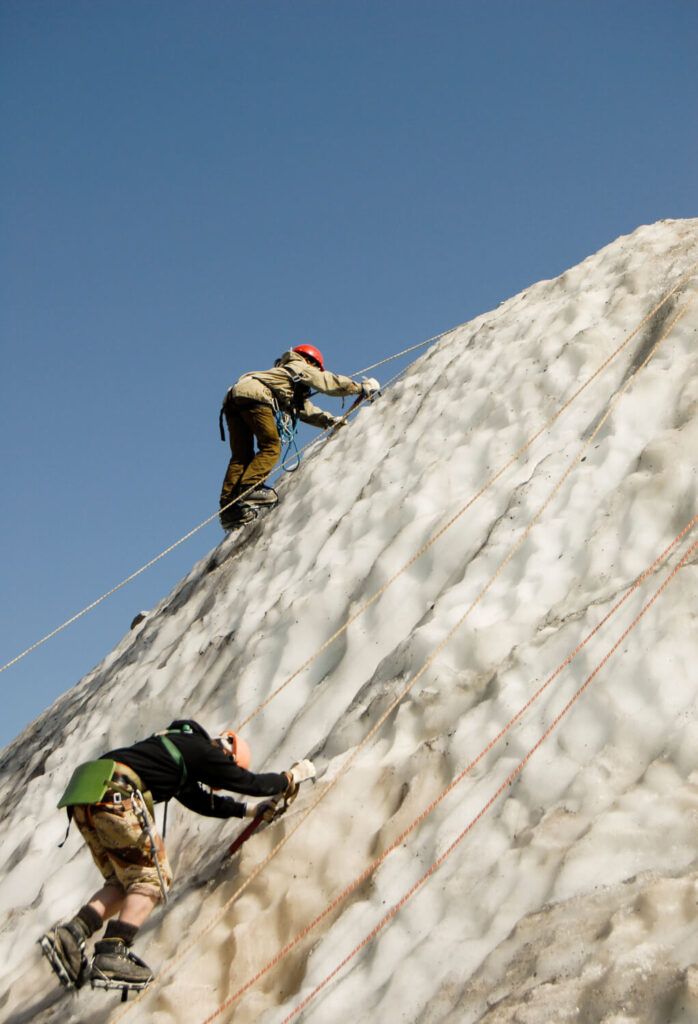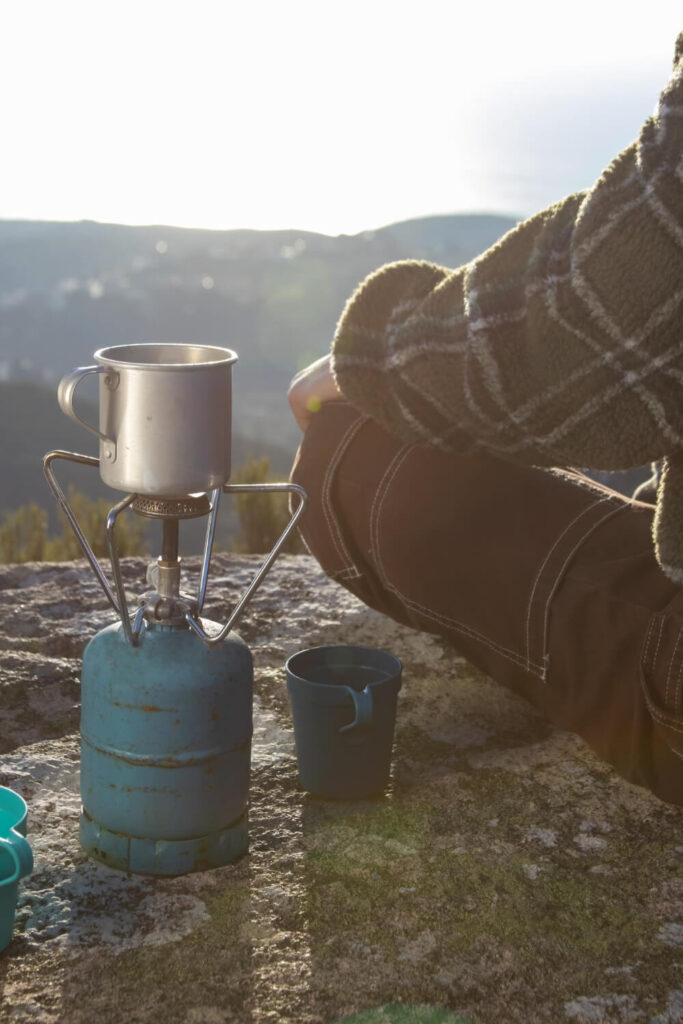Are you planning a mountaineering adventure? Climbing mountains can be a thrilling and challenging experience, but it also requires physical and mental toughness. Proper mountaineering nutrition is crucial to help you perform at your best and stay healthy during your journey.

Mountaineers face several environmental and physical challenges that can affect their nutrition. For example, altitude sickness, dehydration, extreme temperatures, and high caloric needs are common issues. To overcome these challenges, mountaineers need a balanced diet that provides enough calories, carbohydrates, proteins, fats, vitamins, and minerals.
Preparing Nutrition Plan for Different Situations
Mountaineering requires a lot of energy and effort, which is why proper nutrition planning is crucial for climbers. However, it’s important to note that the nutrition plan may vary depending on the phase of climbing you are in, such as training, climbing, or recovery.
Mountaineering Nutrition in Training Phase
To optimize your performance, it’s important to consider your energy needs and hydration levels. One of the most critical factors to keep in mind is the intake of carbohydrates. Carbohydrates are the main source of fuel for training and are stored as glycogen in the muscles. Therefore, it’s recommended that climbers start their training diet a few days before actually starting to train.
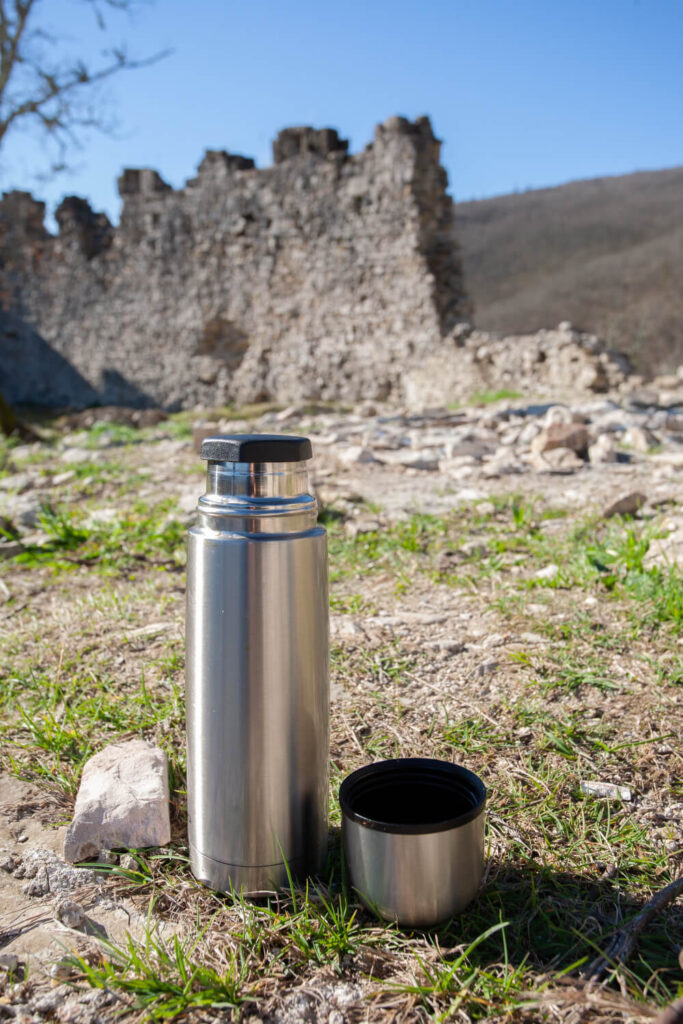
Starting a carbohydrate-rich diet a few days prior to training will allow you to build up your energy stores, so you can reach peak performance during training. Consuming a carbohydrate-loaded meal the day of training will not provide enough energy stores for optimal performance.
During the training phase, the nutrition plan should be geared towards muscle building. Adequate protein intake is essential for muscle recovery and growth. It’s also important to consume healthy fats, such as omega-3 fatty acids, which can help reduce inflammation and improve overall health.
It’s important to keep in mind that meeting the nutritional needs of athletes in training is a daily requirement and not just limited to training days. This is essential to ensure that energy storage is adequate for optimal performance during training.
When it comes to training days, some athletes prefer to consume sugar in order to improve endurance. However, the effectiveness of this strategy varies from person to person. It’s recommended that each athlete experiments with this strategy to determine their blood sugar reaction.
While consuming sugar just before training may provide an additional energy boost, it’s important to be aware of the potential consequences. Depending on the individual, sugar can lead to an energy drain if it wears off during the training session.
During a Climb
Proper nutrition is crucial for mountaineers, and there are pre-packed meals available that can provide a balanced diet for climbs. Mountaineers require a specific diet with a balanced amount of different types of food.
The ideal nutrition ratio in a climber’s diet should consist of
- 60-70% carbohydrates
- 10-20% protein
- 20-30% fat
It is especially crucial to consume more carbohydrates when climbing at higher elevations, including both complex carbs like bread, rice, and potatoes, and simple carbs like sugar and chocolate. It is advisable to avoid high-fat foods as they can be difficult to digest and may cause stomach discomfort.
Protein is especially important for athletes to get the most out of their carbohydrate storage and to repair muscle tissue after strenuous mountain climbing. Endurance athletes should aim for a daily protein intake of 0.6 to 0.7 grams per pound of body weight.
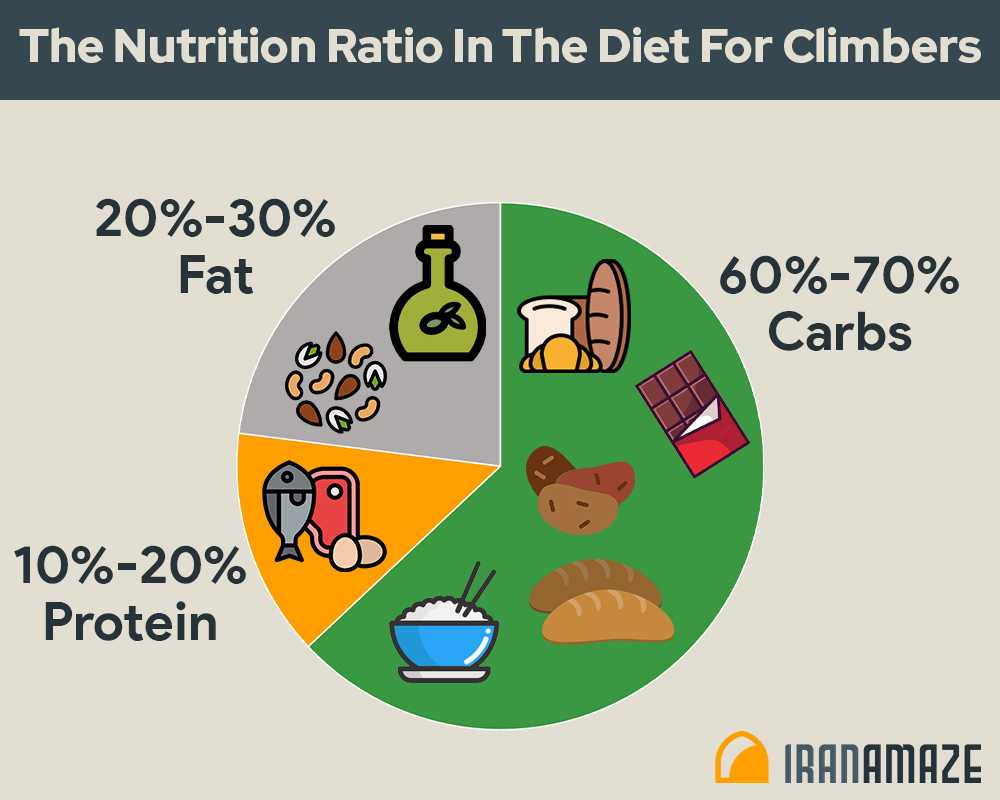
High-quality protein sources such as fish, chicken, milk, and peanut butter are essential for optimal athletic performance. Increasing carbohydrate intake is also necessary for climbers to obtain sufficient energy, and rice, pasta, bread, and fruits are excellent sources of carbs.
Staying well-hydrated is also important and can provide an additional boost of energy, so it’s essential to keep drinking water. A climber’s diet should contain at least 3 liters of water. When climbing, the body loses minerals and salts, so adding salt, sugar, or fruit extract to the water can be beneficial.
It is recommended to drink water regularly during resting periods rather than consuming a lot of water every few hours. It is not advisable to replace water with drinks like tea and coffee as they have a diuretic effect.
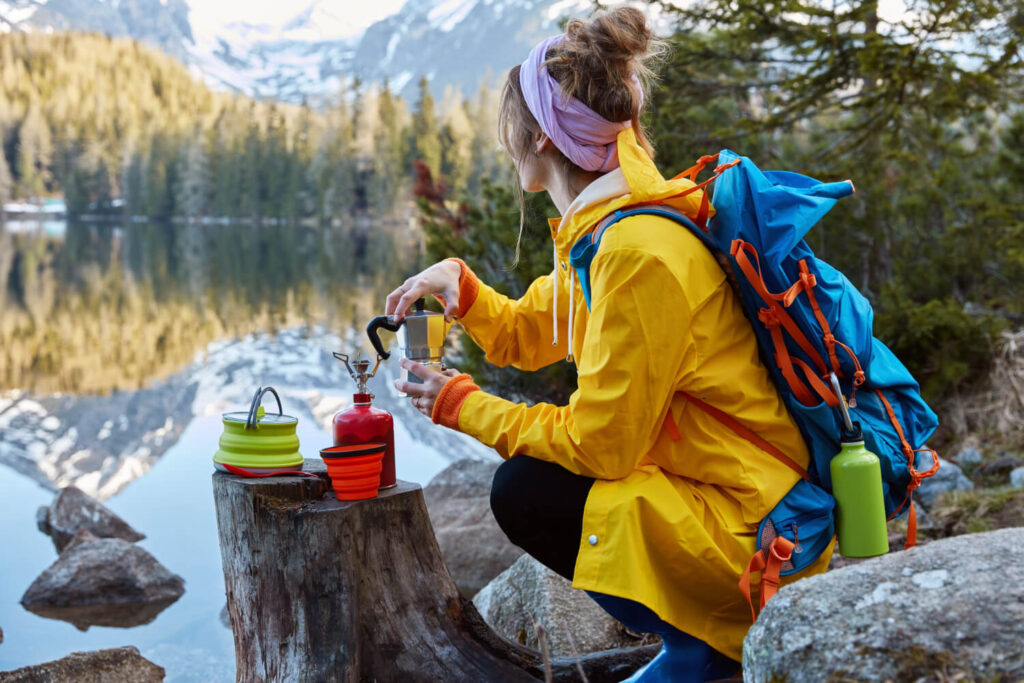
Before embarking on any mountaineering trip, it is essential to create a nutrition and hydration plan. This plan should take into account the duration and intensity of the climb, as well as the needs of each individual climber. A well-balanced diet with the appropriate amount of carbohydrates, proteins, and fats is necessary to maintain energy levels and ensure muscle recovery.
In addition, staying hydrated is crucial for proper bodily function and to prevent altitude sickness. Therefore, it is important to calculate the amount of water needed and have a plan to replenish fluids regularly. By creating a nutrition and hydration plan, climbers can ensure they have the energy and endurance to reach their summit safely.
After a Climb
One important aspect of nutrition often overlooked in mountaineering is recovery nutrition. It is crucial to provide the body with the necessary nutrients to repair and recover after intense activity. Even after completing a climb and no longer needing the extra energy, it is still important to continue eating correctly.
This is because immediately after the climb, your body needs to replenish its energy stores and repair muscles that were broken down during the climb. Therefore, it is recommended to return to your pre-training diet for a few days after completing a climb.
Recovery nutrition is crucial for keeping your body prepared for the next climb, so it is important to maintain a balanced nutrition plan and stay hydrated to maintain muscle strength even after those first few days of recovery.

